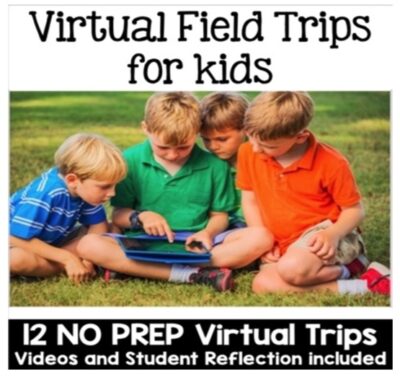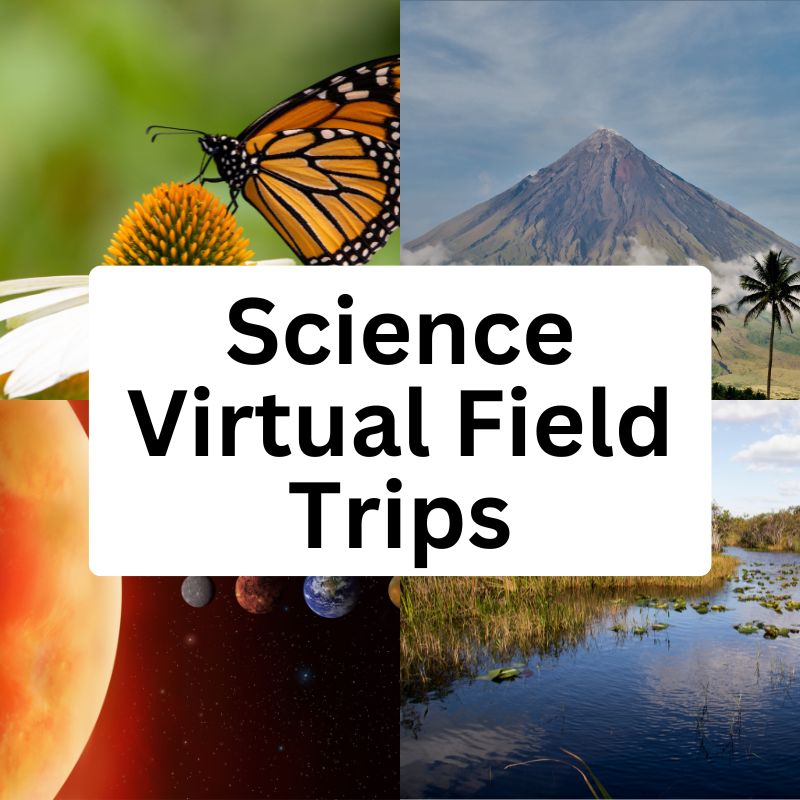- Home
- Virtual Science Field Trips
Standards Based
Virtual Science Field Trips
In recent years, virtual field trips have become increasingly popular among educators as a way to supplement in-class learning. This is particularly true in the realm of science education, where virtual field trips provide unique opportunities to explore and interact with scientific concepts in a hands-on and immersive way. In this blog post, we will explore the benefits of science virtual field trips and why teachers should consider implementing them in their classrooms.
First and foremost, virtual science field trips provide a level of accessibility that is simply not possible with traditional field trips. Traditional field trips require transportation, coordination, and often a significant amount of funding, which can make them difficult to organize and participate in. By contrast, virtual field trips can be accessed from anywhere with an internet connection, making them available to all students regardless of their location or financial situation.
Virtual Science Field Trips
Virtual Field Trip to Hawaii
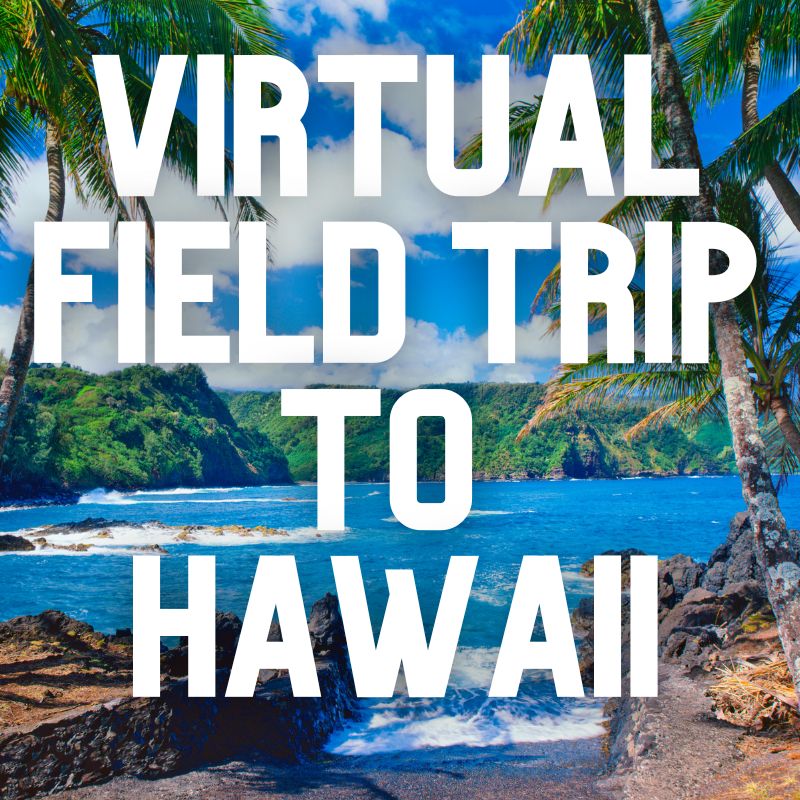
Aloha from Hawaii! Virtual Field Trip to Hawaii is a beautiful experience! Students will observe gorgeous views, volcanos, and learn important facts about the state of Hawaii.
20 Science Virtual Field Trips
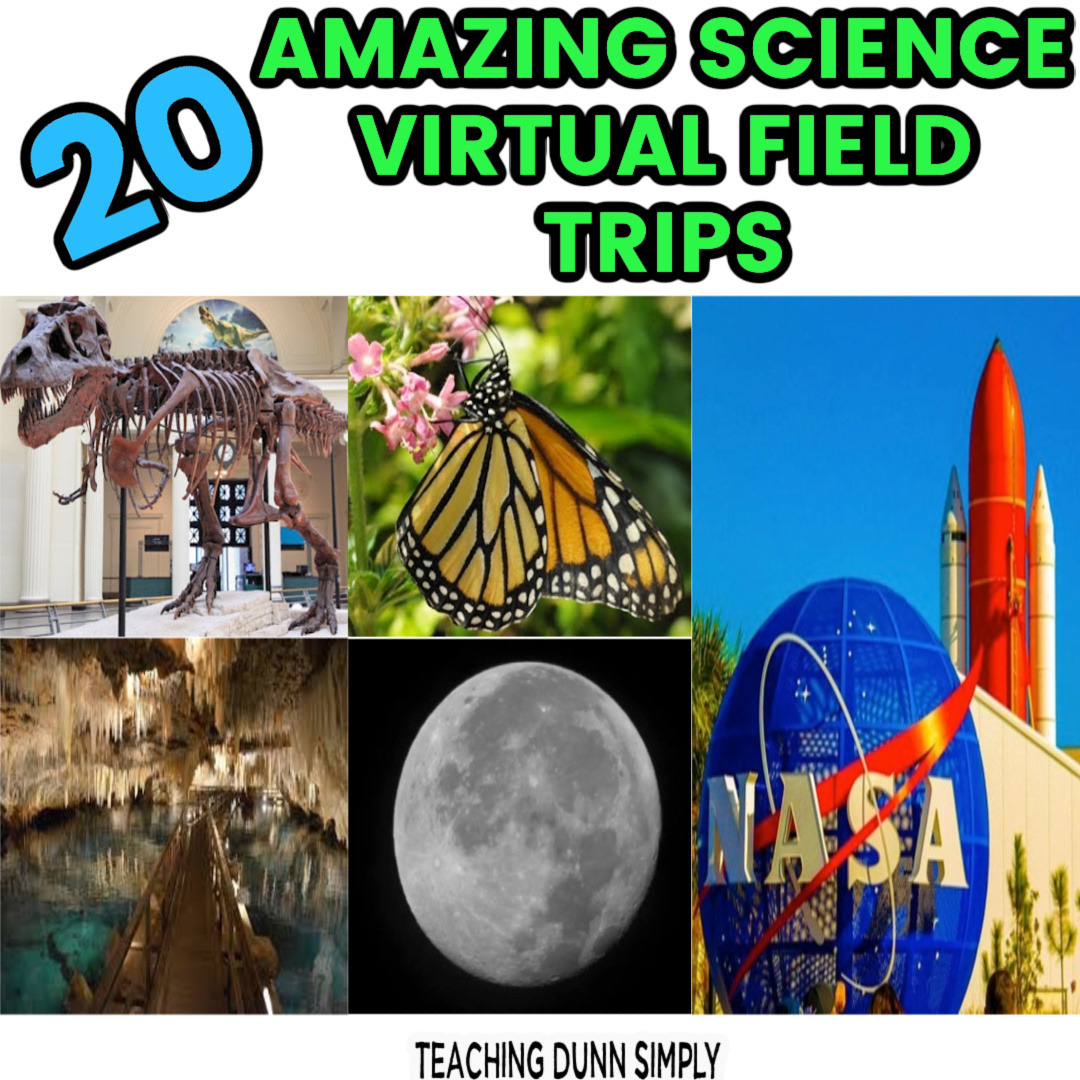
Science Virtual Field Trips are easy to implement and highly engaging for students! Can you imagine the look on your student’s faces when they get a peek at a real coral reef or get to explore a beautiful, bright rainforest?
Pumpkin Patch Virtual Field Trip
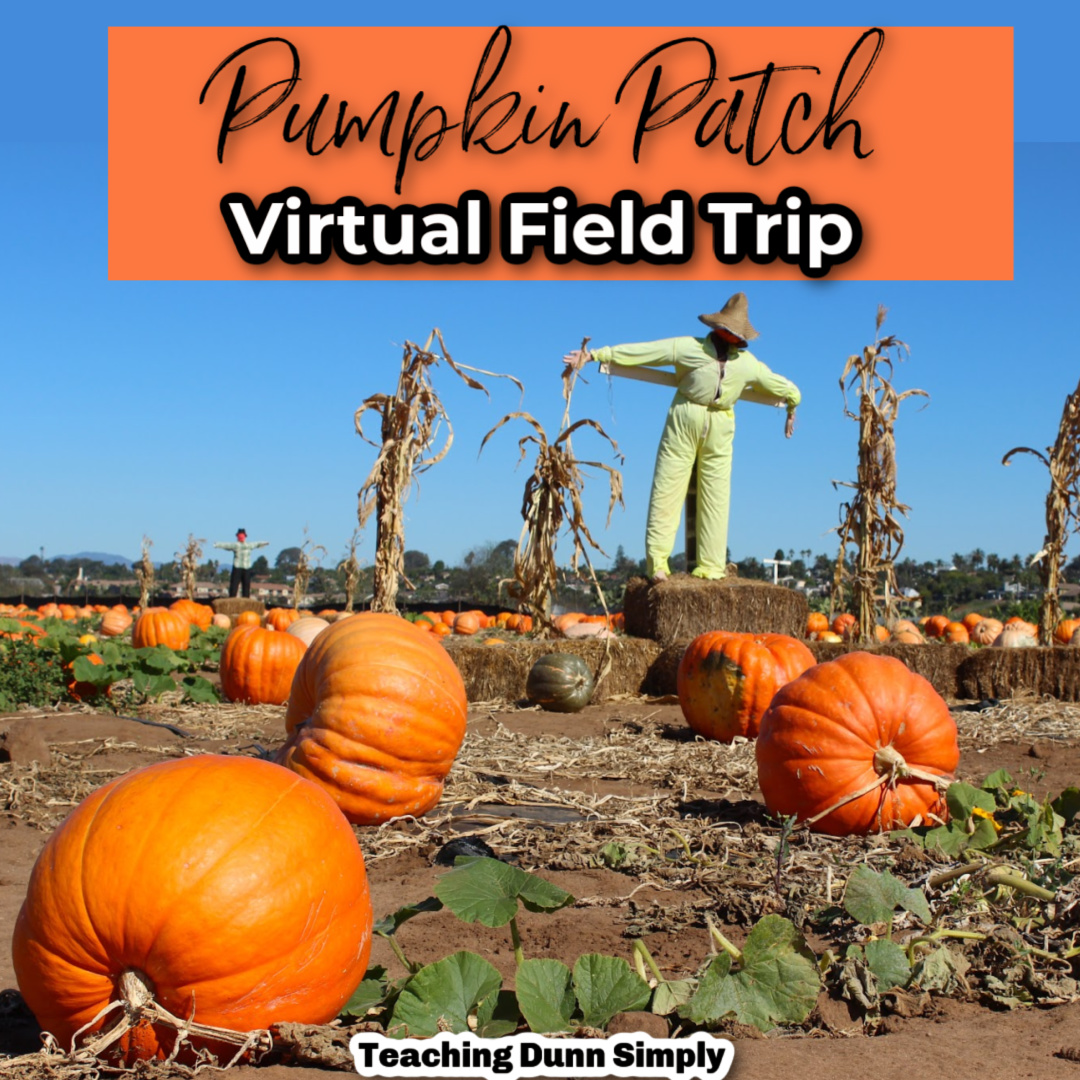
Virtual Pumpkin Patch Field Trip is an EPIC fall activities for any classroom. All the work has been done for you, all you have to do is...
Florida Everglades Virtual Field Trip
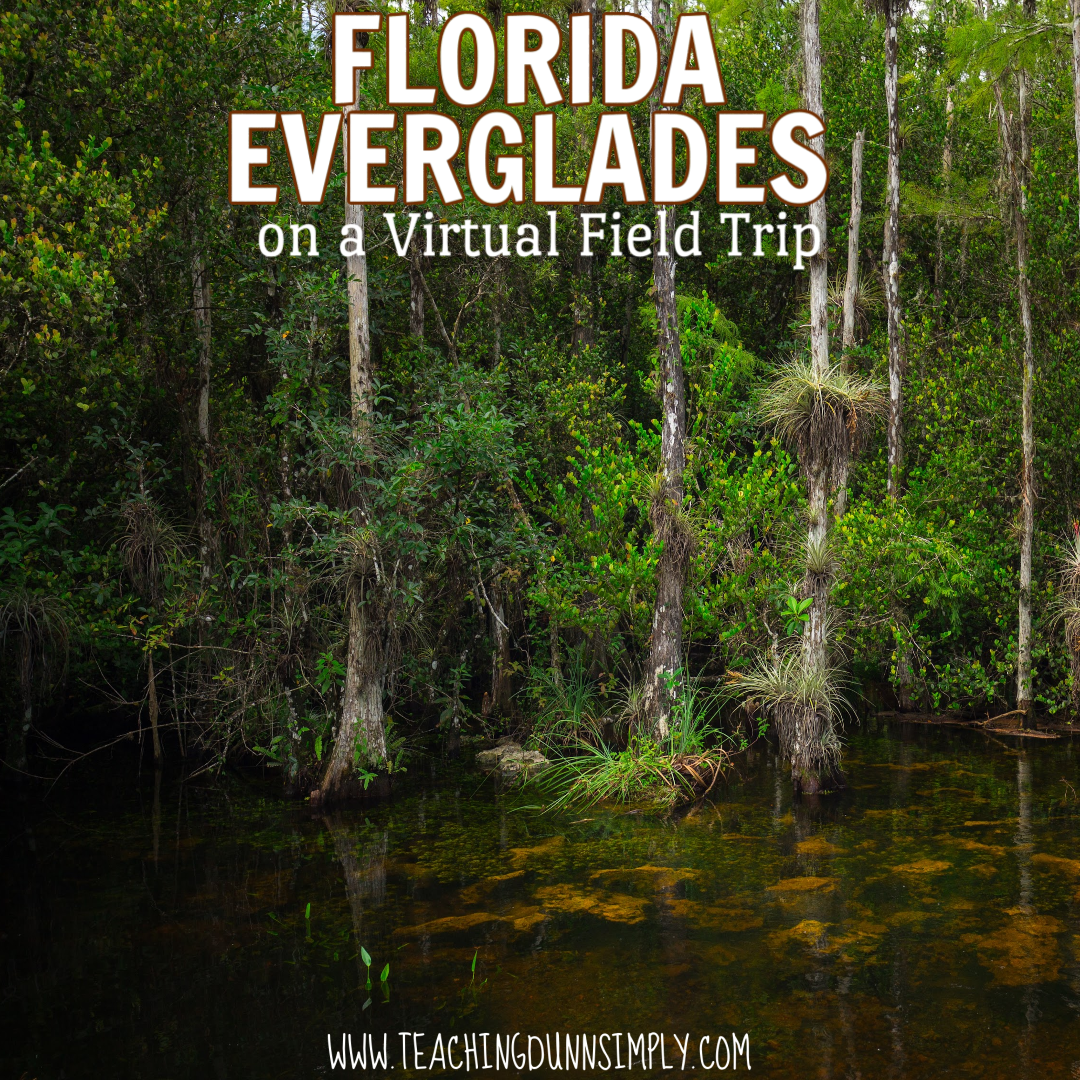
Florida Everglades Virtual Field Trip is a great learning opportunity for students. Use this educational resource to teach students about different organisms...
Earth Day Virtual Field Trip

Earth Day virtual field trip is a great way to celebrate on April 22. Students will enjoy learning about our great planet and how to care for planet earth. The best part is...
Zoo Virtual Field Trip

A zoo virtual field trip is sure to put a smile on anyone’s face, no matter the age. Everyone loves the zoo! Lucky for us...
Virtual field trips provide an opportunity to explore places and environments that might be difficult or impossible to access in person. For example, students can explore the depths of the ocean, journey through space, or explore the intricate workings of the human body, all from the comfort of their classroom. This type of exploration can broaden students' perspectives and help them appreciate the complexity and diversity of the natural world.
In addition, virtual field trips can provide a level of engagement and interactivity that traditional field trips simply cannot match. Virtual field trips can include interactive simulations, 3D models, and other multimedia elements that allow students to explore scientific concepts in a hands-on and immersive way. This type of engagement can help students better understand and retain scientific information, as well as inspire them to pursue further studies in science.


